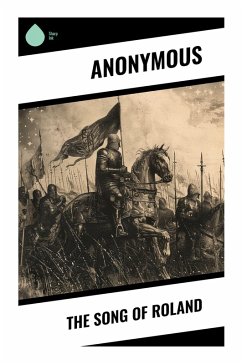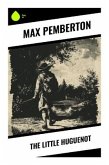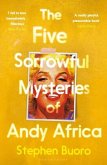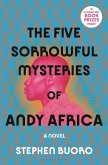The Song of Roland, an epic poem from the late 11th century, is one of the oldest and most significant works of French literature. It recounts the valiant stand of Roland, a knight and nephew of Charlemagne, during the ill-fated Battle of Roncevaux Pass. The text exemplifies the chivalric code and the themes of loyalty, honor, and sacrifice, articulated in a rich, rhythmic style that employs assonance and alliteration. Its historical backdrop reflects the tensions of the time, specifically the conflict between Christians and Muslims, which influences the poem's heroic narrative and moral undertones. The identity of the author remains anonymous, yet it is widely believed that the poem was composed by a jongleur familiar with the oral traditions of the region. This anonymous bard could have been influenced by the sociopolitical climate of the era, including the Crusades and the evolving notion of knighthood. Through The Song of Roland, the author captures the zeitgeist of medieval France, reflecting the values and aspirations of its society through vivid storytelling and powerful imagery. I highly recommend The Song of Roland to scholars and enthusiasts of medieval literature, as it offers profound insights into the cultural and historical essence of its time. Its compelling narrative not only entertains but also prompts reflection on themes that resonate even today, making it a timeless masterpiece worthy of study for anyone interested in the interplay of history and art.
Bitte wählen Sie Ihr Anliegen aus.
Rechnungen
Retourenschein anfordern
Bestellstatus
Storno








